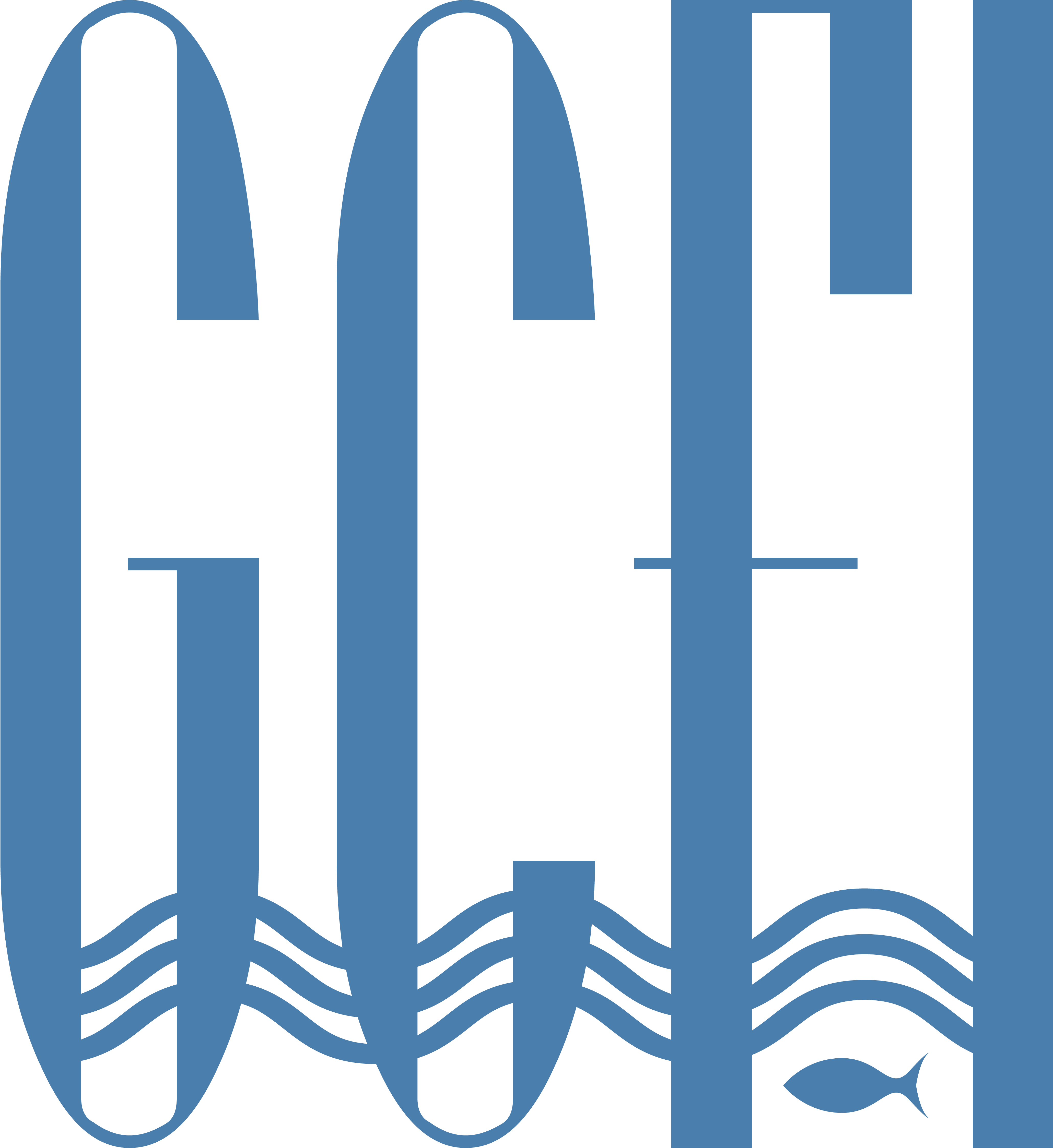Home > GCR > Vol. 19 > Iss. 2 (2007)
Alternate Title
Understanding the Local Livelihood System in Resource Management: The Pelagic Longline Fishery in Gouyave, Grenada
Document Type
Article
Abstract
There is a need to include social objectives in fisheries management, and this paper focuses on one set of social considerations, those regarding livelihood. We pay particular attention to sustainable livelihood strategies, the importance of commercial pelagic longline fishing for the entire community livelihood system, and implications for management. Field data were obtained between December 2002 and March 2004 in Gouyave, Grenada, using participant observation, semi-structured interviews, and a quantitative survey. The economic base (fishing and agriculture) of the community is both unpredictable and seasonal, therefore individuals and households engage in diverse strategies to secure their livelihood. Three livelihood strategies were deemed important: 1) livelihood diversification, developing additional sources of income from agriculture, wage labor, and trade work, 2) fishing diversification, learning to switch to alternative gear and species, and 3) the availability of an informal "social security net" involving cash and in-kind assistance. These strategies help to spread the flow of income and food during lean times and across seasons. A major management implication is that fishery managers need to pay attention to the multi-species nature of fisheries and to the importance of livelihood diversification, including reliance on other economic sectors.
First Page
113
Last Page
122
DOI Link
Recommended Citation
Grant, S. C., F. Berkes and J. Brierley.
2007.
Understanding the Local Livelihood System in Resource Management: The Pelagic Longline Fishery in Gouyave, Grenada.
Gulf and Caribbean Research
19
(2):
113-122.
Retrieved from https://aquila.usm.edu/gcr/vol19/iss2/14
DOI: https://doi.org/10.18785/gcr.1902.14





